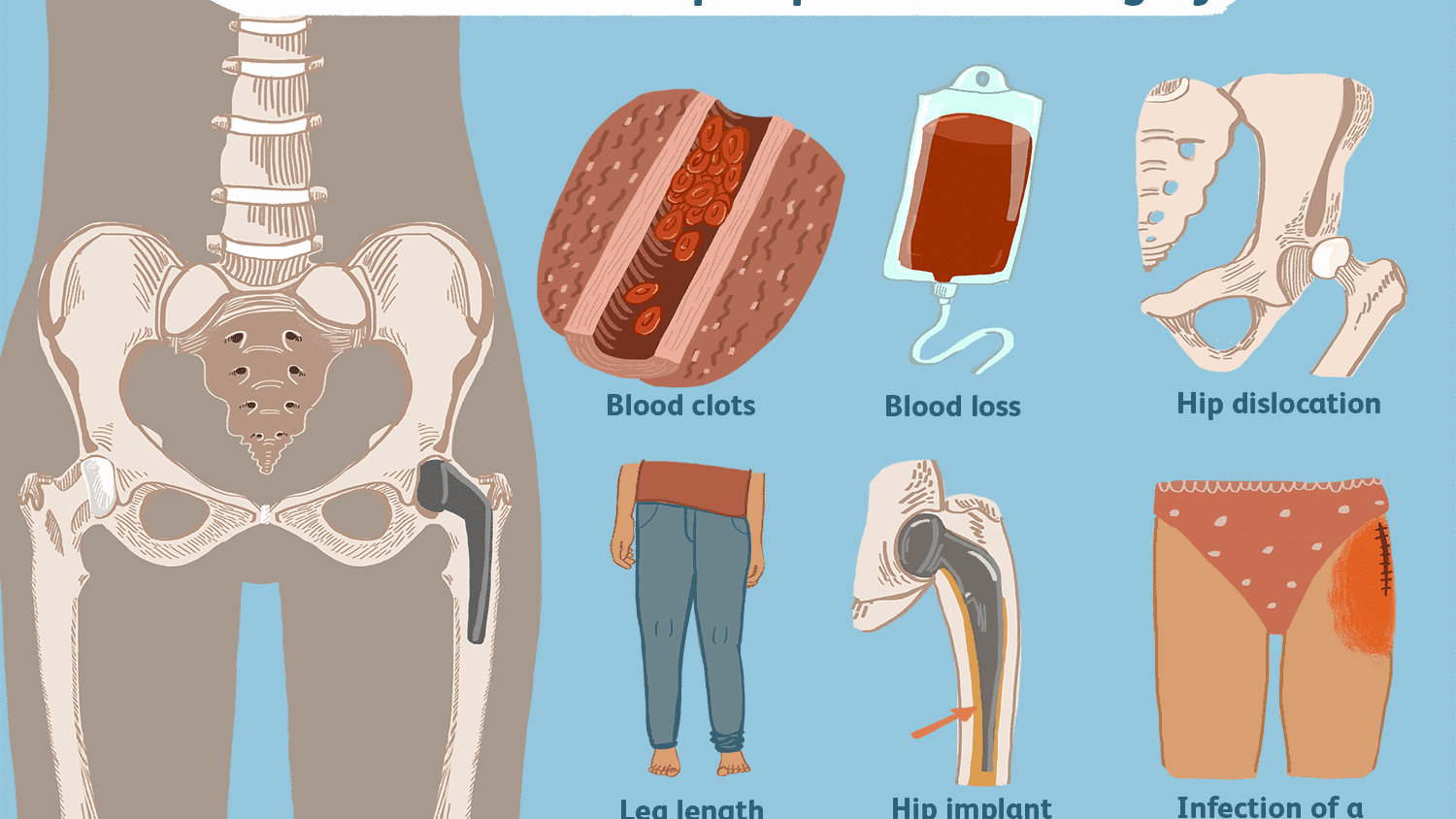Joint pain is not new or unusual these days, since a greater proportion of the young and middle-aged population has been identified as suffering from it. Despite the fact that COVID has posed a serious threat to public health, persons infected with the virus have remained immobilized for a long time, either owing to home isolation or hospitalization. Furthermore, the virus’s side effects have resulted in muscular and joint weakness.
Many patients with persistent knee pain have been kept in the dark due to a haze of misconceptions surrounding the post-surgical quality of life of knee replacement. While there is a pressing need to promote public knowledge about developments in technology in the field of joint replacement operations, people who have such procedures can also benefit by making a small effort to adopt a healthy lifestyle.
The beginning of joint pain can be caused by a variety of causes, including family history, age-related degeneration, obesity, physical inactivity, acquired diseases such as rheumatoid arthritis, osteoporosis, and other inflammatory illnesses, as well as COVID problems. Nutritional deficiencies, such as Vitamin D3 and B12 insufficiency, have had a significant influence on the bones and cartilage that support the joints.
The knee joint is replaced with an implant during primary knee replacement surgery, which is usually successful. However, if the implants loosen or wear out, a revision operation may be necessary. Revision procedures may involve partial implant component replacement, Unicompartmental joint replacement, or full implant replacement, depending on the situation.
According to the Joint Registry (ISHKS), over 35,000 total knee replacements (TKR) were performed in India last year, with an increase in these operations over the previous five years. According to estimates, over 20 crore Indians (particularly those over the age of 50) suffer from knee issues. Degenerative arthritis, such as osteoarthritis, Rheumatoid Arthritis, and Unicompartmental Arthritis, are among the most common causes. At least 20% of this population has a poor quality of life and is recommended for a knee replacement operation right away.







